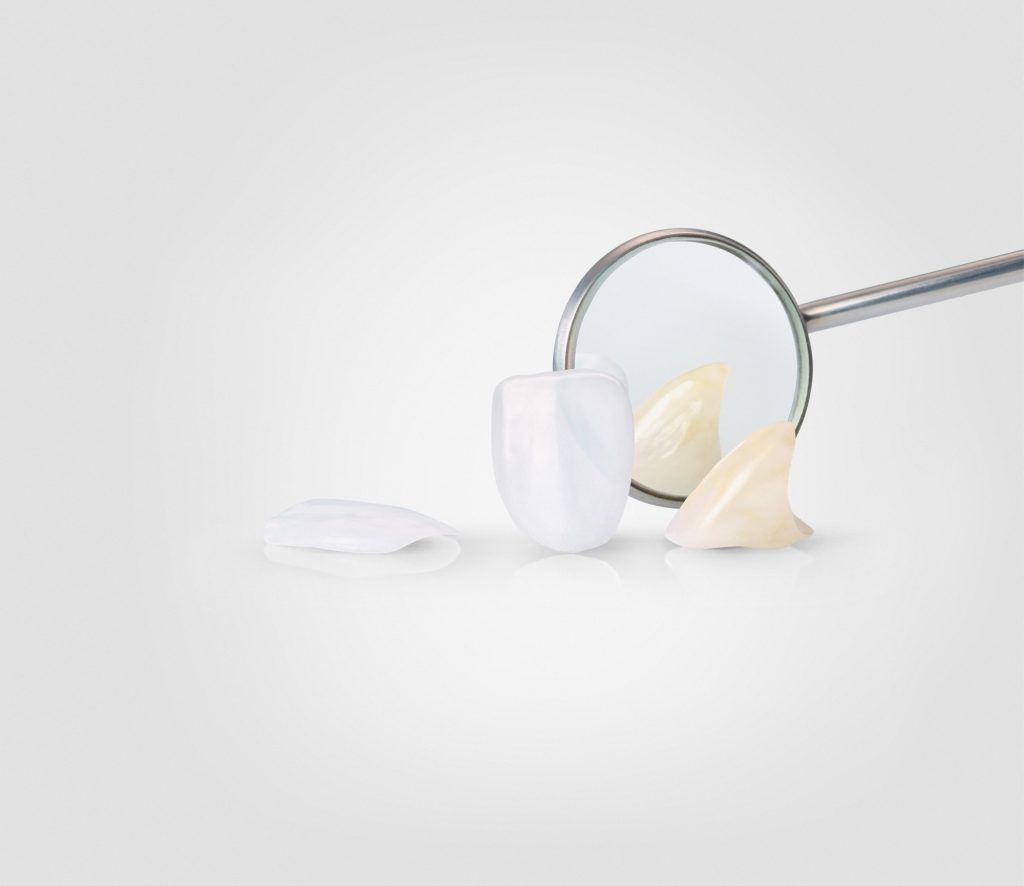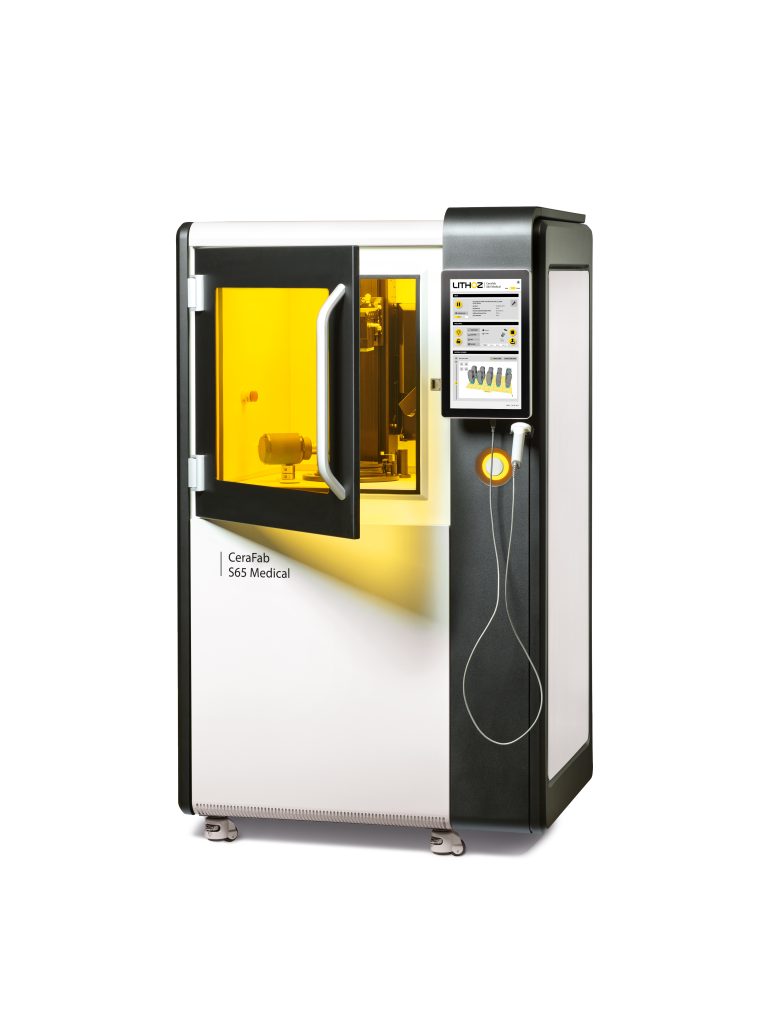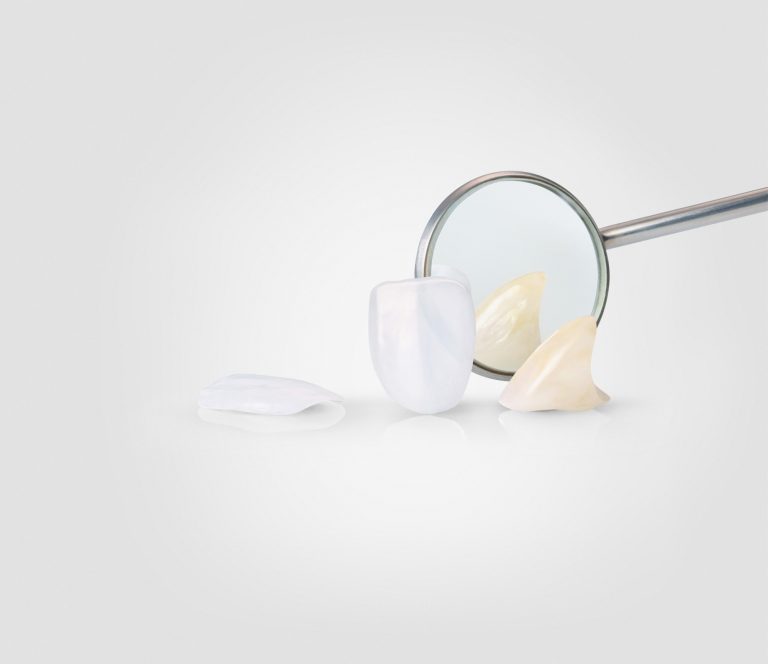Austrian ceramic 3D printing company Lithos will present the next stage of development of its lithium bisilicate material for dental 3D printing at LMT Lab Day Chicago 2024.
The material has been developed together with the manufacturer of integrated dental solutions Ivoclarand is based on the company’s IPS e.max lithium disilicate powder. According to Lithoz, this new offering will enable mass production of patient-specific, natural-looking all-ceramic dental restorations.
Lithoz will also demonstrate the Lithography-Based Ceramic Manufacturing (LCM) 3D printing process used to manufacture dental restorations.
Visitors to LMT Lab Day Chicago can view and interact with a range of 3D printed lithium bisilicate veneers and crowns at Lithoz booth F-24 between February 22-24, 2024.
“With the launch of the IPS e.max press 18 years ago, Ivoclar set a material standard for dental restorations that has not yet been surpassed,” commented Josef Schweiger, Head of Dental Laboratory, Department of Prosthodontics, University Hospital LMU. Munich.
“With LCM 3D printing technology, Lithoz has now reached a new milestone in its custom lithium bisilicate production line, which is characterized by attention to detail, precise fit and simple workflow.”

Restoration of dental scaling with 3D Lithoz printing
Lithoz and Ivoclar’s lithium bisilicate material reportedly enables the 3D printing of high-quality, patient-specific dental restorations in series production quantities.
According to Lithoz, the new lithium bisilicate material can be used with LCM technology to 3D print up to 50 individual restorations in a single run. Up to 350 restorations per day can reportedly be produced on a single Medical Lithoz CeraFab System S65 3D printer.
Lithium bisilicate dental parts are also said to produce zero material waste, with 8x efficiency compared to conventional manufacturing methods. 3D printed restorations include 0.3 mm thick veneers and crowns with details that accurately represent the features and transparency of natural teeth.
Lithoz claims the new hardware offering will “start a new era of unprecedented productivity for large dental labs.”
At LMT Lab Day Chicago, Lithoz will showcase LCM 3D printed dental applications, including patient-specific osteoconductive and bioresorbable mandibular augments made from hydroxyapatite or calcium phosphate. 3D printed dental implants made of zirconia (TZP-A) and alumina-hardened zirconia (ATZ) will also be on display. Visitors will be able to pick up the components for a “touch and feel” experience.
Daniel Bomze, Director of Medical Solutions at Lithoz, will also host a free interactive workshop titled “3D-Printed Lithium Disilicate Restorations: The Efficient Way to Perfect Dental Aesthetics.” This presentation, to be held on February 23rd at 10:45am, will demonstrate Lithoz’s new additive manufacturing process for lithium bisilicate dental parts.


Advances in dental 3D printing
In a recent survey of 3D printing trends, 3D printing experts highlighted that widespread adoption of 3D printing in the dental industry is expected to continue into 2024.
Respondents also noted increasing customization in the dental market through the use of 3D printing, with practitioners moving from indirect production to create molds to direct production of dental appliances and devices.
At Formnext 2023, Axtra3D, Oaktonand 3D systems presented a new dental solution that aims to meet the complex requirements of dental laboratories. The collective offer combines Lumia X1 printer by Axtra3D and Hybrid PhotoSynthesis and TruLayer technologies, AI automation from Oqton, and NextDent materials from 3D Systems.
The combined offering is said to raise industry standards by providing superior surface quality, high performance, predictive maintenance and high-quality materials for on-site production in dental laboratories.
Elsewhere, an Israel-based 3D printer manufacturer Stratasis announced that its line of DentaJet 3D printers with many professional grade materials is seeing increased adoption in the global dental industry. This announcement followed the launch of the company’s entry-level J3 DentaJet 3D printer in 2023. This dental 3D printer is said to offer high precision for dental applications while optimizing overall production efficiency.
One customer to acquire Stratasys’ DentaJet 3D printing technology is Advanced Dental Technologies (ADT). This Boston-based full-service lab purchased the J3 DentaJet system to produce its own crown and bridge models, removables and implants.
Similarly, French dental laboratory Ident’M I bought the J5 DentaJet 3D printer. The company now runs the 3D printer 20 hours a day to produce about 1,000 dental parts each month.
Sign up to 3D Printing Industry Newsletter to stay up to date with the latest 3D printing news. You can also follow us Twitterlike ours Facebook page and subscribe to 3D Printing Industry Youtube channel to access more exclusive content.
Interested in working in the additive manufacturing industry? Visit 3D printing jobs to view a selection of available roles and start your career.
The featured image shows veneers and crowns 3D printed with Lithoz and Ivoclar lithium bisilicate. Image via Lithoz.

